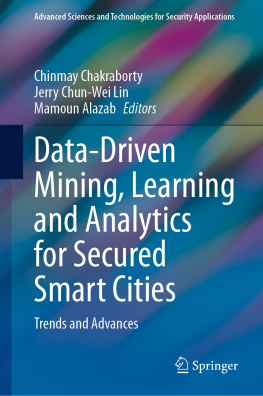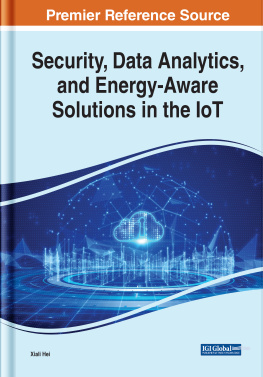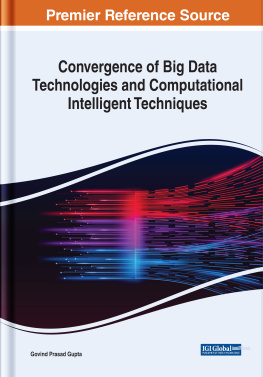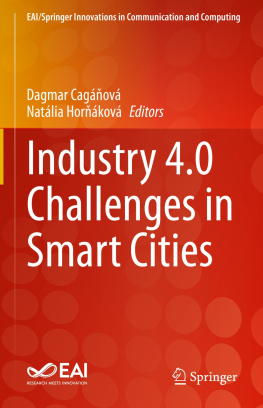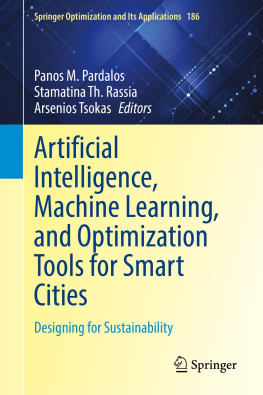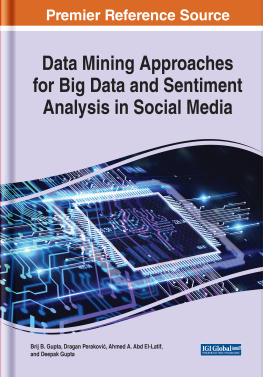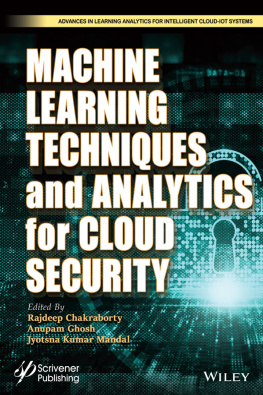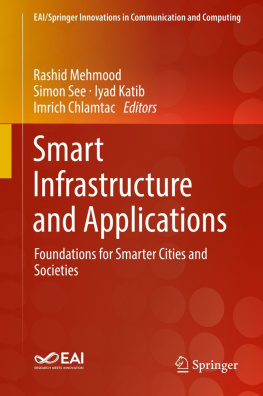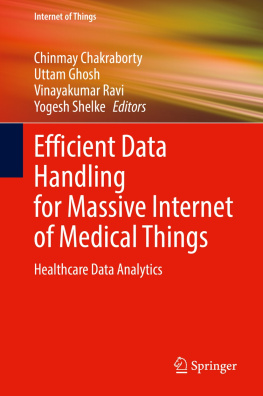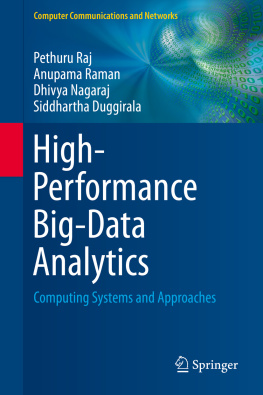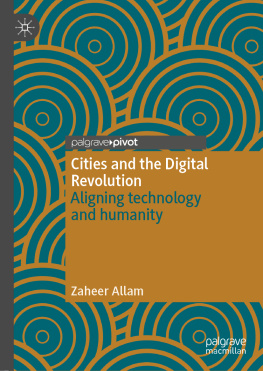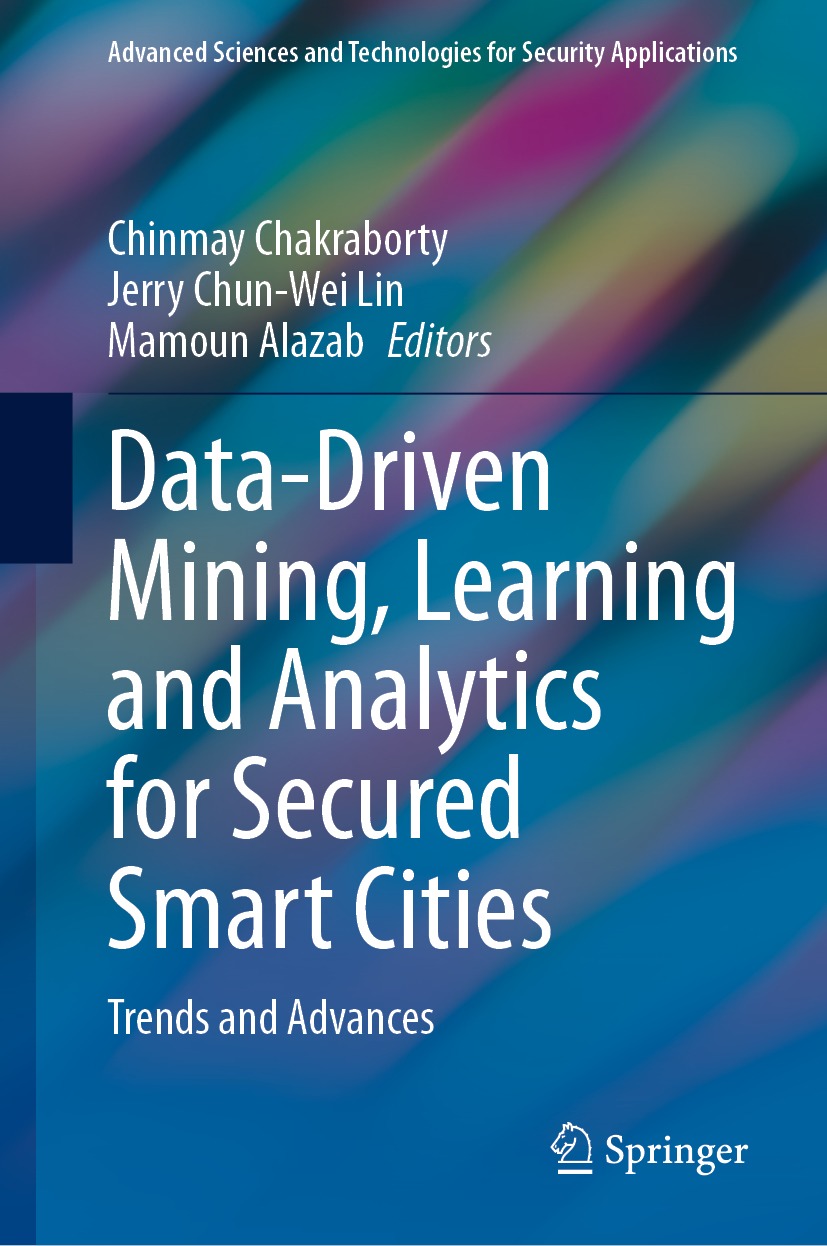Advanced Sciences and Technologies for Security Applications
Series Editor
Anthony J. Masys
Associate Professor, Director of Global Disaster Management, Humanitarian Assistance and Homeland Security, University of South Florida, Tampa, USA
Advisory Editors
Gisela Bichler
California State University, San Bernardino, CA, USA
Thirimachos Bourlai
Lane Department of Computer Science and Electrical Engineering, Multispectral Imagery Lab (MILab), West Virginia University, Morgantown, WV, USA
Chris Johnson
University of Glasgow, Glasgow, UK
Panagiotis Karampelas
Hellenic Air Force Academy, Attica, Greece
Christian Leuprecht
Royal Military College of Canada, Kingston, ON, Canada
Edward C. Morse
University of California, Berkeley, CA, USA
David Skillicorn
Queen's University, Kingston, ON, Canada
Yoshiki Yamagata
National Institute for Environmental Studies, Tsukuba, Ibaraki, Japan
Indexed by SCOPUS
The series Advanced Sciences and Technologies for Security Applications comprises interdisciplinary research covering the theory, foundations and domain-specific topics pertaining to security. Publications within the series are peer-reviewed monographs and edited works in the areas of:
biological and chemical threat recognition and detection (e.g., biosensors, aerosols, forensics)
crisis and disaster management
terrorism
cyber security and secure information systems (e.g., encryption, optical and photonic systems)
traditional and non-traditional security
energy, food and resource security
economic security and securitization (including associated infrastructures)
transnational crime
human security and health security
social, political and psychological aspects of security
recognition and identification (e.g., optical imaging, biometrics, authentication and verification)
smart surveillance systems
applications of theoretical frameworks and methodologies (e.g., grounded theory, complexity, network sciences, modelling and simulation)
Together, the high-quality contributions to this series provide a cross-disciplinary overview of forefront research endeavours aiming to make the world a safer place.
The editors encourage prospective authors to correspond with them in advance of submitting a manuscript. Submission of manuscripts should be made to the Editor-in-Chief or one of the Editors.
More information about this series at http://www.springer.com/series/5540
Editors
Chinmay Chakraborty
Birla Institute of Technology, Mesra, Jharkhand, India
Jerry Chun-Wei Lin
Computer Science, Electrical Engineering, Western Norway University of Applied Sciences, Bergen, Norway
Mamoun Alazab
Casuarina Campus, Purple 12.3.6, Charles Darwin University, Darwin, NT, Australia
ISSN 1613-5113 e-ISSN 2363-9466
Advanced Sciences and Technologies for Security Applications
ISBN 978-3-030-72138-1 e-ISBN 978-3-030-72139-8
https://doi.org/10.1007/978-3-030-72139-8
The Editor(s) (if applicable) and The Author(s), under exclusive license to Springer Nature Switzerland AG 2021
This work is subject to copyright. All rights are solely and exclusively licensed by the Publisher, whether the whole or part of the material is concerned, specifically the rights of translation, reprinting, reuse of illustrations, recitation, broadcasting, reproduction on microfilms or in any other physical way, and transmission or information storage and retrieval, electronic adaptation, computer software, or by similar or dissimilar methodology now known or hereafter developed.
The use of general descriptive names, registered names, trademarks, service marks, etc. in this publication does not imply, even in the absence of a specific statement, that such names are exempt from the relevant protective laws and regulations and therefore free for general use.
The publisher, the authors and the editors are safe to assume that the advice and information in this book are believed to be true and accurate at the date of publication. Neither the publisher nor the authors or the editors give a warranty, expressed or implied, with respect to the material contained herein or for any errors or omissions that may have been made. The publisher remains neutral with regard to jurisdictional claims in published maps and institutional affiliations.
This Springer imprint is published by the registered company Springer Nature Switzerland AG
The registered company address is: Gewerbestrasse 11, 6330 Cham, Switzerland
Preface
With the increasing technological interventions, the world is becoming more and more interconnected and technology dependent. The concept of smart cities was introduced as a result of the incorporation of technology in the existing infrastructure. Today, smart cities are considered as the future of urban management, services, and utility applications. The idea behind this is to bring together the infrastructure and technology components of a city to enhance the quality of life of its people and improve the efficiency of the daily processes. Future smart connected cities in turn, aims to synergistically integrate intelligent technologies with the natural and built environments and infrastructure to improve the social, economic, and environmental well-being of those who live, work, or travel within it. In recent years, Artificial Intelligence/Machine Learning (AI/ML) methods have become an emerge research topic as its powerful computational models and have shown significant success to deal with a massive amount of data in unsupervised settings. AI/MLinfluences various technologies because it offers an effective way of learning representation and allows the system to learn features automatically from data without the need of explicitly designation. With the emerging technologies, the Internet of Things (IoT), wearable devices, cloud computing, and data analytics offer the potential of acquiring and processing a tremendous amount of data from the physical world. AI/ML-based algorithms help efficiently to leverage IoT and big data aspects in the development of personalized services in smart cities. The Cyber-Physical Systems (CPS) can be thought as an integral part of the smart city ecosystem. The automation of objects of the smart city is facilitated by different types of CPSs. A CPS is a collection of physical devices, networking, and communication protocols which makes the devices being connected and communicated with each other under minimum human interventions.
This book aims will provide the data-driven designation of infrastructure, analytical approaches, and technological solutions with case studies for smart cities. This book can also attract works on multidisciplinary research spanning across the computer science and engineering, environmental studies, services, urban planning and development, social sciences and industrial engineering on technologies, case studies, novel approaches, and visionary ideas related to data-driven innovative solutions and big data-powered applications to cope with the real-world challenges for building smart cities.

